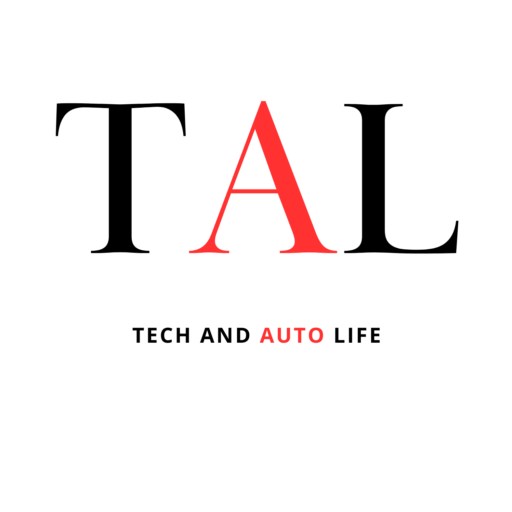Table of Contents
Introduction:
In today’s fast-paced digital world, businesses are constantly seeking efficient, reliable, and innovative tools to maintain a competitive edge. One such tool that has gained immense popularity in recent years is the chatbot. These AI-driven assistants are revolutionizing customer interaction by providing instant, round-the-clock support, which significantly enhances customer satisfaction. They streamline operations by automating routine tasks, freeing up human resources for more complex and strategic activities. Chatbots also play a crucial role in data collection and analysis, offering valuable insights into customer behavior and preferences. This enables businesses to tailor their services and marketing strategies more effectively.
Moreover, chatbots are versatile and can be deployed across various channels, including websites, social media platforms, and messaging apps, ensuring that businesses can engage with their customers wherever they are. The integration of natural language processing (NLP) and machine learning technologies allows these virtual assistants to understand and respond to customer queries with increasing accuracy and personalization over time. This leads to more meaningful interactions and a better overall customer experience.
In this blog, we will delve into the top chatbot platforms available for businesses today. We will highlight their key features and benefits, explaining why these platforms stand out in the increasingly crowded chatbot market. Whether you’re looking to enhance customer service, boost sales, or improve operational efficiency, there’s a chatbot solution tailored to meet your business needs. Join us as we explore these cutting-edge platforms and discover how they can help you stay ahead in the competitive business landscape.
List of Top 7 Chatbot Platforms for Businesses:
(1) Dialogflow (Google):
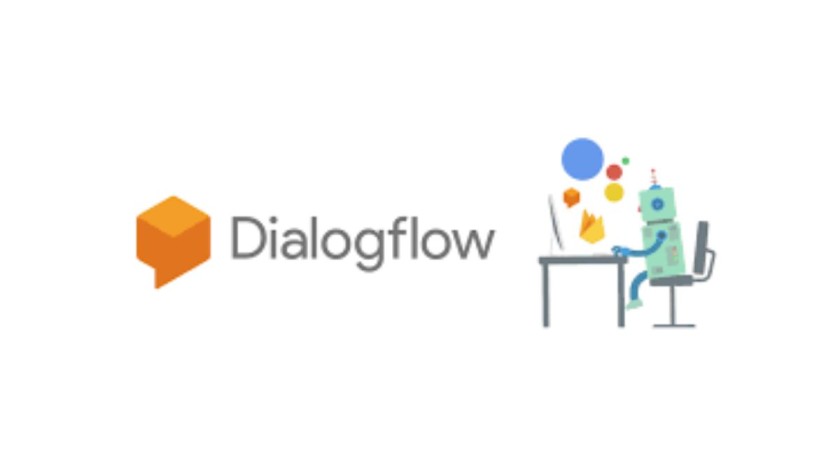
Features:
- Natural Language Processing (NLP) capabilities: Dialogflow’s advanced NLP can understand and process natural language input, enabling the chatbot to comprehend and respond to complex user queries effectively.
- Integration with Google Cloud: Dialogflow seamlessly integrates with Google Cloud as a Google product, ensuring reliability, scalability, and robust performance.
- Multi-language support: Dialogflow supports multiple languages, making it a suitable choice for global businesses aiming to reach a diverse customer base.
- Easy integration with various platforms: Dialogflow can be easily integrated with multiple messaging platforms like Slack, Facebook Messenger, Telegram, and more, providing consistent customer interactions across different channels.
Benefits:
Dialogflow is a robust platform known for its sophisticated NLP, which allows chatbots to understand and respond to user queries more naturally. Its seamless integration with Google Cloud ensures scalability and reliability, making it a top choice for businesses of all sizes. The multi-language support also enables businesses to cater to an international audience effectively.
(2) Microsoft Bot Framework:
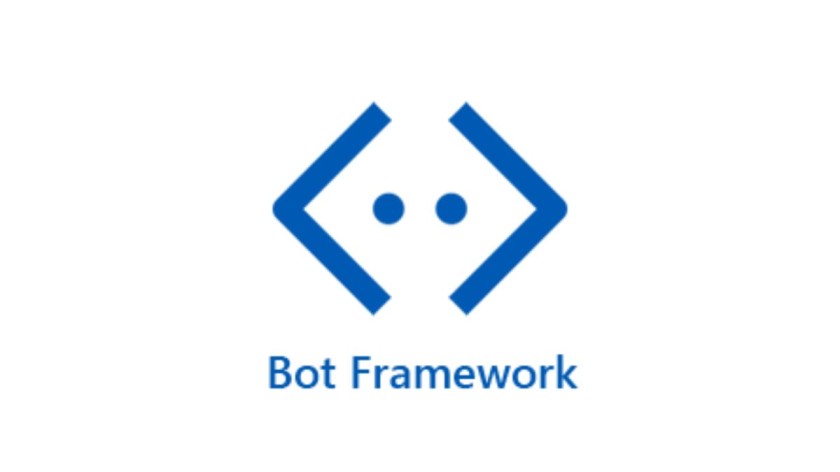
Features:
- Comprehensive SDK and tools: The Microsoft Bot Framework provides a rich set of development tools and SDKs for building complex bots with advanced functionalities.
- Integration with Microsoft Azure: This framework integrates smoothly with Microsoft Azure, allowing businesses to leverage Azure’s AI, machine learning, and cognitive services to enhance their chatbot capabilities.
- Multi-channel deployment: Bots built using this framework can be deployed across various channels, including web, mobile apps, Skype, Microsoft Teams, and more, ensuring broad reach and accessibility.
- AI and machine learning integration: The platform supports integration with AI and machine learning models, enabling bots to learn from interactions and improve over time.
Benefits:
The Microsoft Bot Framework is ideal for businesses already leveraging Microsoft products. It offers powerful tools for building and deploying chatbots across multiple channels, ensuring consistent customer interactions. Its integration with Azure adds a layer of security and scalability, essential for growing businesses. The ability to incorporate AI and machine learning models also means that businesses can develop highly intelligent and responsive chatbots.
(3) Chatfuel:
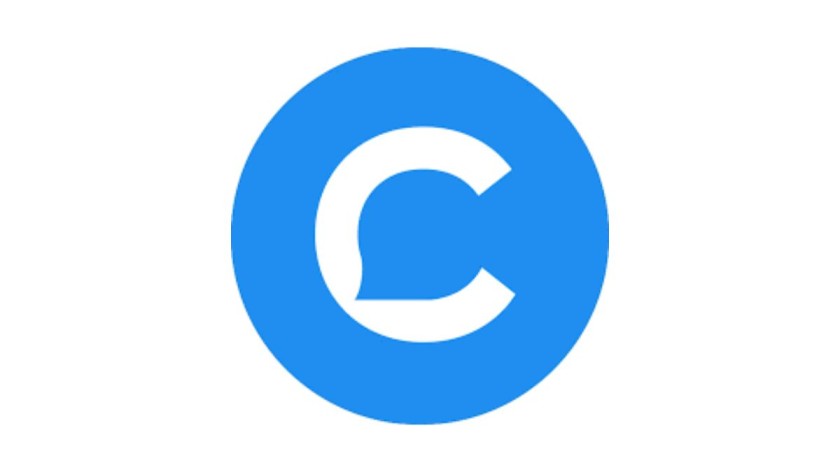
Features:
- User-friendly interface: Chatfuel’s drag-and-drop interface makes it easy for users without programming skills to create and customize chatbots.
- No coding required: The platform allows users to build chatbots without any coding knowledge, lowering the barrier to entry for small businesses and entrepreneurs.
- Integration with social media platforms: Chatfuel integrates seamlessly with social media platforms like Facebook Messenger, Instagram, and WhatsApp, making it ideal for customer engagement and marketing.
- Analytics and performance tracking: Chatfuel offers detailed analytics and performance tracking, allowing businesses to monitor bot interactions and optimize them for better performance.
Benefits:
Chatfuel is perfect for businesses looking to create chatbots without extensive technical knowledge. Its drag-and-drop interface simplifies the creation process, while its strong integration with social media platforms like Facebook makes it an excellent choice for customer engagement and marketing. Businesses can easily track and analyze their chatbot performance to make data-driven improvements.
(4) Tars:
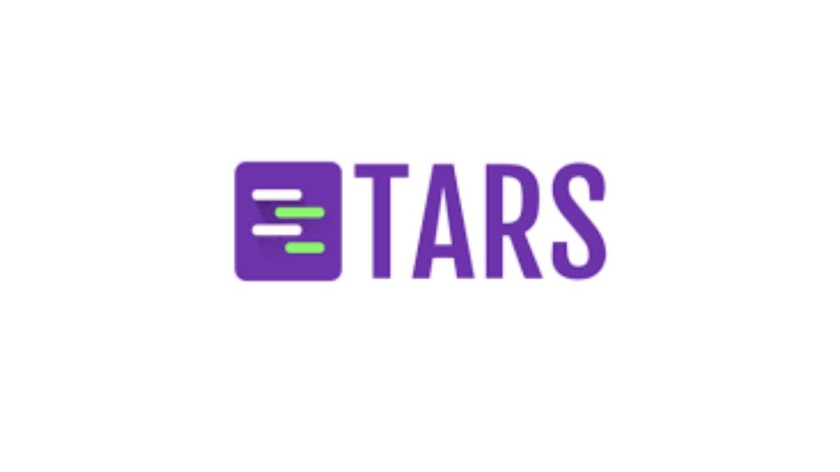
Features:
- Conversational landing pages: Tars allows businesses to create conversational landing pages that engage visitors in interactive conversations, increasing the likelihood of conversions.
- Lead generation and qualification: The platform is designed to capture and qualify leads through engaging dialogues, improving the quality of leads for sales teams.
- Customizable templates: Tars offers a variety of customizable templates to help businesses quickly create effective chatbots tailored to their specific needs.
- Detailed analytics: Tars provides in-depth analytics to help businesses understand user behavior and optimize their chatbots for better performance.
Benefits:
Tars specializes in creating conversational landing pages, which can significantly boost lead generation and conversion rates. Its user-friendly interface and customizable templates make it easy to deploy effective chatbots tailored to your business needs. The detailed analytics provided by Tars help businesses continuously improve their chatbot interactions based on user data.
(5) ManyChat:
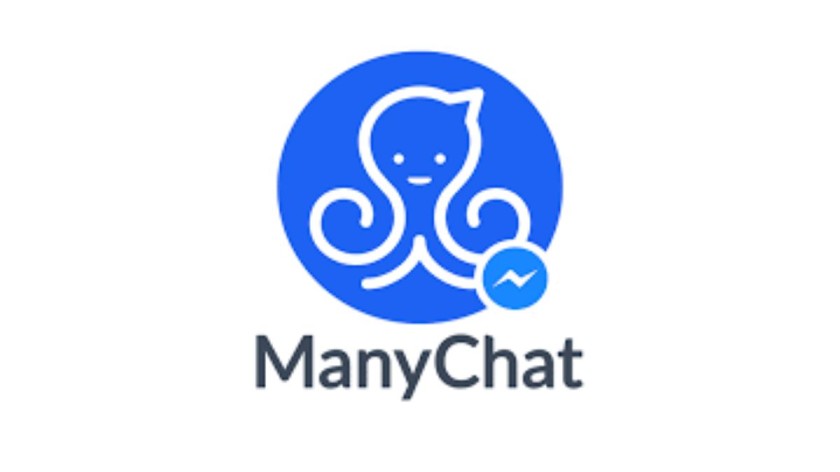
Features:
- Focus on marketing automation: ManyChat excels in automating marketing tasks, making it a powerful tool for businesses looking to enhance their marketing efforts.
- Integration with e-commerce platforms: The platform integrates well with e-commerce systems like Shopify, allowing for seamless management of customer interactions, order tracking, and more.
- User segmentation and targeting: ManyChat allows businesses to segment their audience and target them with personalized messages, improving engagement and conversion rates.
- Rich media support: The platform supports rich media elements like images, videos, and carousels, making interactions more engaging and visually appealing.
Benefits:
ManyChat is renowned for its marketing automation capabilities, making it a favorite among e-commerce businesses. Its ability to segment users and target them with personalized messages can enhance customer engagement and drive sales. The integration with e-commerce platforms ensures smooth management of customer interactions and transactions.
(6) IBM Watson Assistant:
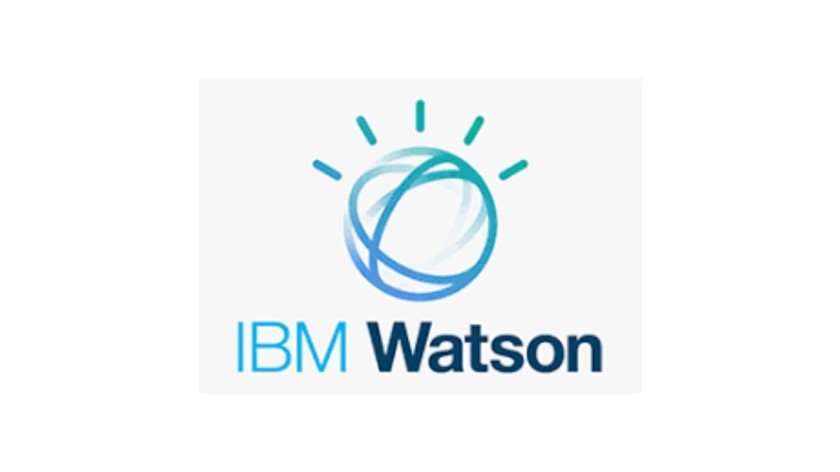
Features:
- Advanced AI and machine learning: IBM Watson Assistant leverages cutting-edge AI and machine learning technologies to understand and respond to complex user queries.
- Omnichannel support: The platform supports interactions across various channels, including web, mobile apps, voice assistants, and social media, ensuring a consistent customer experience.
- Integration with IBM Cloud: Watson Assistant integrates with IBM Cloud, providing businesses with scalable, secure, and reliable cloud services.
- Industry-specific solutions: IBM offers pre-trained models and solutions tailored to specific industries, such as healthcare, finance, and retail, enabling faster deployment and better performance.
Benefits:
IBM Watson Assistant offers advanced AI capabilities that can handle complex queries and provide accurate responses. Its omnichannel support ensures a consistent customer experience across different platforms, making it a versatile choice for businesses in various industries. The integration with IBM Cloud adds scalability and security, while industry-specific solutions provide tailored functionality for different business needs.
(7) Intercom:
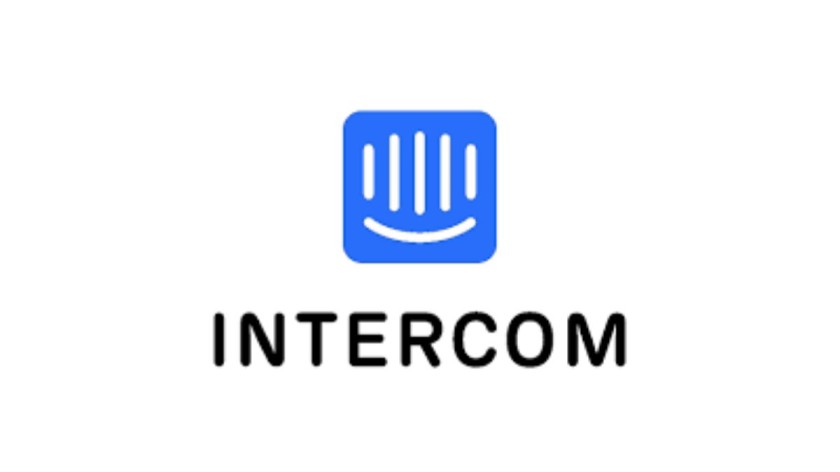
Features:
- Customer messaging platform: Intercom combines chatbot functionality with a comprehensive customer messaging platform, allowing businesses to manage all customer interactions in one place.
- Integrated live chat: The platform includes integrated live chat features, enabling seamless handoffs from bots to human agents when needed.
- Automated workflows: Intercom allows businesses to automate routine workflows, such as follow-ups and notifications, saving time and improving efficiency.
- In-app messaging: The platform supports in-app messaging, providing businesses with a direct way to engage with users within their applications.
Benefits:
Intercom combines chatbot functionality with live chat, providing a comprehensive customer messaging platform. This integration allows businesses to automate routine interactions while still offering human support when needed, ensuring a balanced approach to customer service. The ability to manage all customer interactions in one place simplifies communication and improves efficiency.
Conclusion:
Choosing the right chatbot platform for your business depends on your specific needs, technical capabilities, and customer interaction goals. Each of these platforms offers unique features and benefits, making them suitable for different types of businesses. By leveraging these top chatbot platforms, you can enhance customer engagement, streamline operations, and stay ahead in the competitive market.
Explore these platforms, assess their features, and select the one that aligns best with your business objectives. Embrace the power of AI chatbots and revolutionize your customer interaction strategy today!
Read more- A Detailed Review of Re maker AI: Features, Pricing, and More
FAQ-
What is the best chatbot platform for small businesses?
Chatfuel and ManyChat are excellent choices for small businesses due to their user-friendly interfaces and strong social media integrations.
Can chatbots be integrated with CRM systems?
Yes, many chatbot platforms, such as Microsoft Bot Framework and IBM Watson Assistant, offer integration with popular CRM systems to streamline customer data management.
Are there any free chatbot platforms available?
Yes, platforms like Dialogflow offer free tiers with limited features, which can be a good starting point for businesses looking to experiment with chatbots.
How secure are chatbot platforms?
Security varies by platform. Many, like Microsoft Bot Framework and IBM Watson Assistant, offer robust security measures, especially when integrated with Azure and IBM Cloud.
